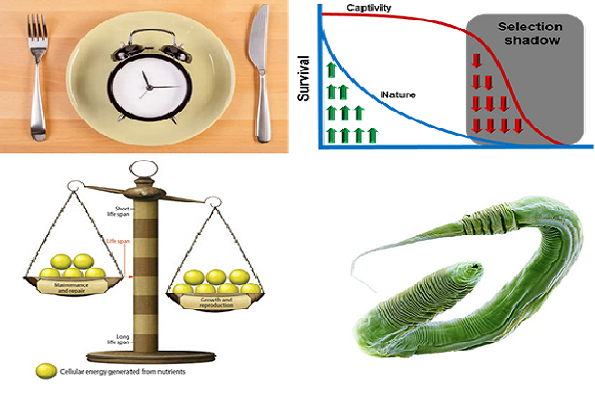
Why do Organisms Age: Beyond Energy Trade-Offs
- Stewart Plaistow
- Suitable for: Staff and students with an interest in Behaviour, Evolution, Ecology and Microbiology
- Admission: Free
Add this event to my calendar
Click on "Create a calendar file" and your browser will download a .ics file for this event.
Microsoft Outlook: Download the file, double-click it to open it in Outlook, then click on "Save & Close" to save it to your calendar. If that doesn't work go into Outlook, click on the File tab, then on Open & Export, then Open Calendar. Select your .ics file then click on "Save & Close".
Google Calendar: download the file, then go into your calendar. On the left where it says "Other calendars" click on the arrow icon and then click on Import calendar. Click on Browse and select the .ics file, then click on Import.
Apple Calendar: The file may open automatically with an option to save it to your calendar. If not, download the file, then you can either drag it to Calendar or import the file by going to File >Import > Import and choosing the .ics file.
Despite tremendous progress in recent years, our understanding of the evolution of ageing is still incomplete. The long-standing paradigm, the “disposable soma” theory of ageing, maintains that ageing evolves because of competing energy demands of reproduction and somatic maintenance leading to slow accumulation of unrepaired cellular damage with age. This paradigm has been increasingly challenged as studies in different organisms managed to uncouple reduced reproduction and increased longevity, thereby questioning the centrality of energy trade-offs in ageing. Emerging “hyperfunction” theory proposes that ageing can be caused by a trade-off between early-life function and late-life function of growth-promoting genes leading to excessive biosynthesis in late-life. This theory builds on the realisation that early-life regulation of gene expression can break down in late-life because natural selection is too weak to optimise it. I will discuss these ideas in the context of the evolutionary theory of ageing, and show recent experimental data testing these ideas in Caenorhabditis nematodes.
